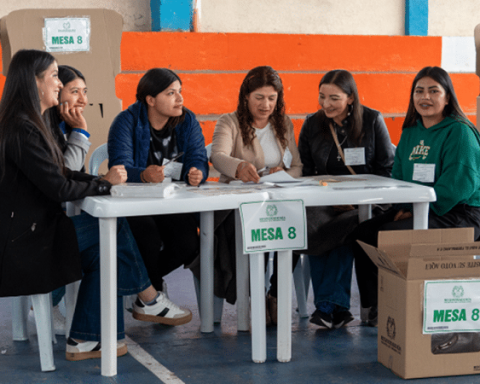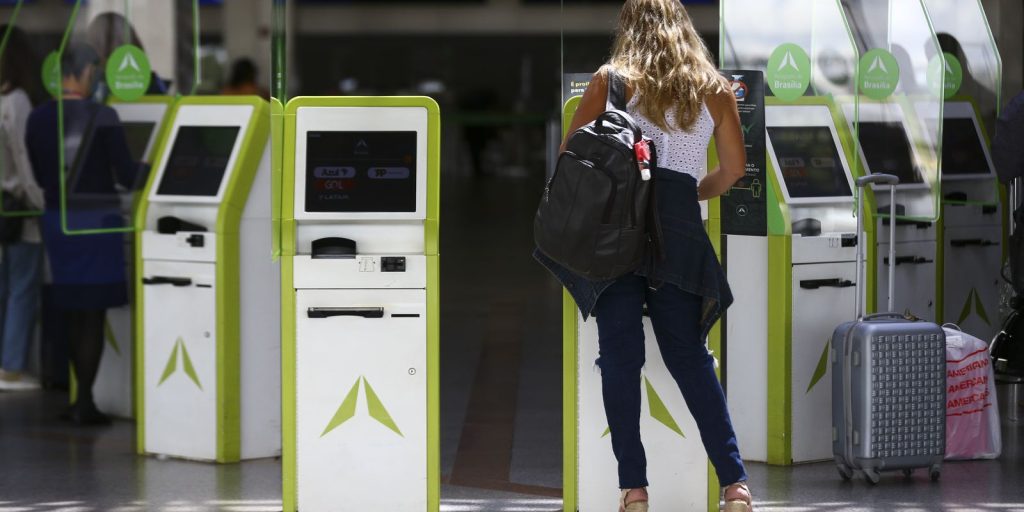Having better fiscal control of citizens to deal with crime and problems such as tax evasion is one of the priorities of governments around the world, and to this end, throughout history many proposals have been put on the table, most of them aimed at tracking efficient expenses and income, to also know how money moves on the streets.
On the other hand, the constant and accelerated development of artificial intelligence is becoming a topic that many analysts are following closely, as it has resulted in improvements in areas such as health, education and even sports, which is why it is being reviewed in what other areas it can be used, such as in the case of taxes or the fiscal monitoring mentioned above.
More news: Financing law would take up to $4 out of every $10 pesos that a Colombian earns
An example of this is the idea put forward by the Minister of Technology Information and Communications, Mauricio Lizcano, to the comptrollers from all over the country, gathered at the National Congress of this union, to study ways in which AI can become better tools for the authorities or quality of life for people, mainly in the most remote regions.
The announcement by this official was made during the first day of the XVI National Congress of Controllers taking place in Manizales, where in the midst of the debate on the influence of technology in increasing productivity and efficiency when applying control, he indicated that it is necessary to look at all the alternatives offered by the market.
Colombian pesos
iStock
In this sense, Lizcao pointed out the importance of technology as a dynamic element of society, and raised the possibility of reaching an agreement that allows the development of artificial intelligence that delivers quality, timeliness and trust for control tailored to citizens’ expectations.
For reading: Senator Angélica Lozano explains what is coming for the Budget
“If there is something that artificial intelligence can be useful for, it is in fiscal control and in the fight against corruption, since it can handle a large amount of data, process it and also make predictions. We came here to talk to the comptrollers because we believe that we can set up fiscal control models through this emerging and disruptive technology. We are here to support all advances that allow us to improve social well-being,” said the ICT Minister.
Among the topics discussed and analyzed at this meeting were also: smart auditing, risk assessment and prediction, as well as transparency and accountability; in which Mauricio Lizcano stressed that there is much to do, although he emphasized that the country is taking steps in the right direction.

AI.
iStock.
For their part, the comptrollers expressed their satisfaction with this idea that paves the way for the transformation to continue reaching the regions, this time from fiscal control, on the path to making Colombia a Digital Power, reaffirming their commitment to what they can contribute in terms of knowledge to move these efforts forward.
As part of its commitment to strengthening Colombia’s digital potential, the Mintic is currently promoting issues such as the National Observatory of Information and Communications Technologies (Ontic), the Memorandum of Cooperation signed with Japan, the Connectivity Expansion Plan of the ICT Ministry and the ‘Manifesto for closing gender gaps and female participation through technological appropriation’, among others.


















